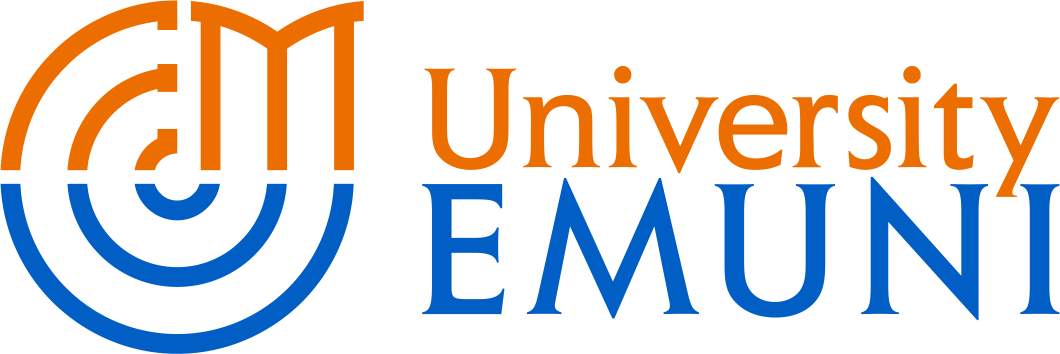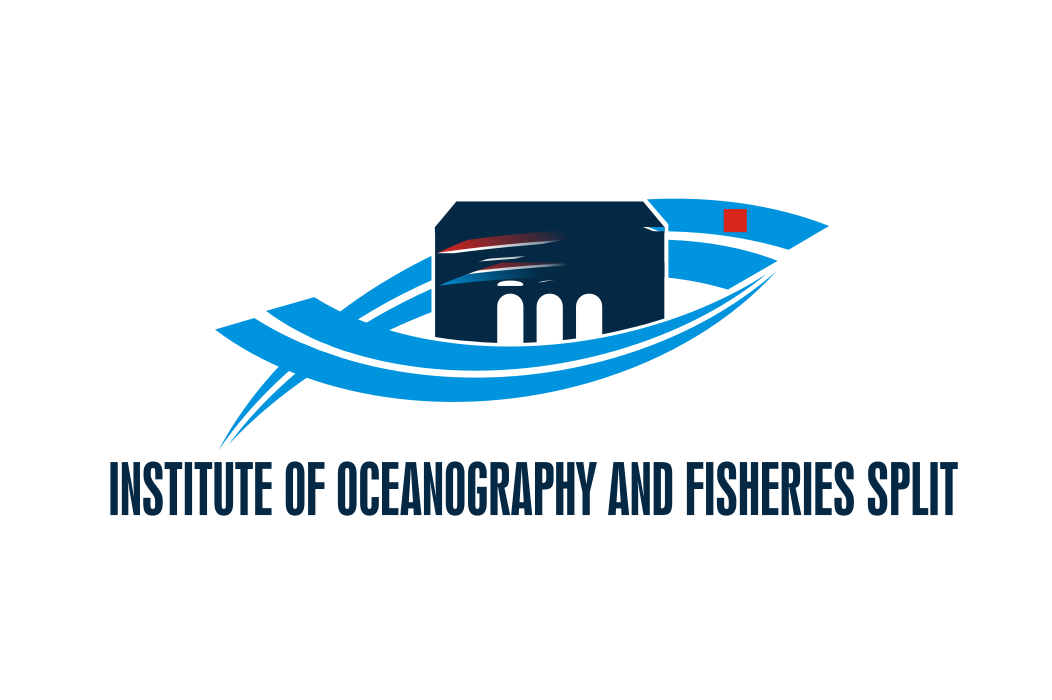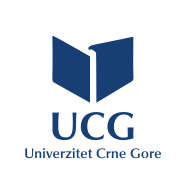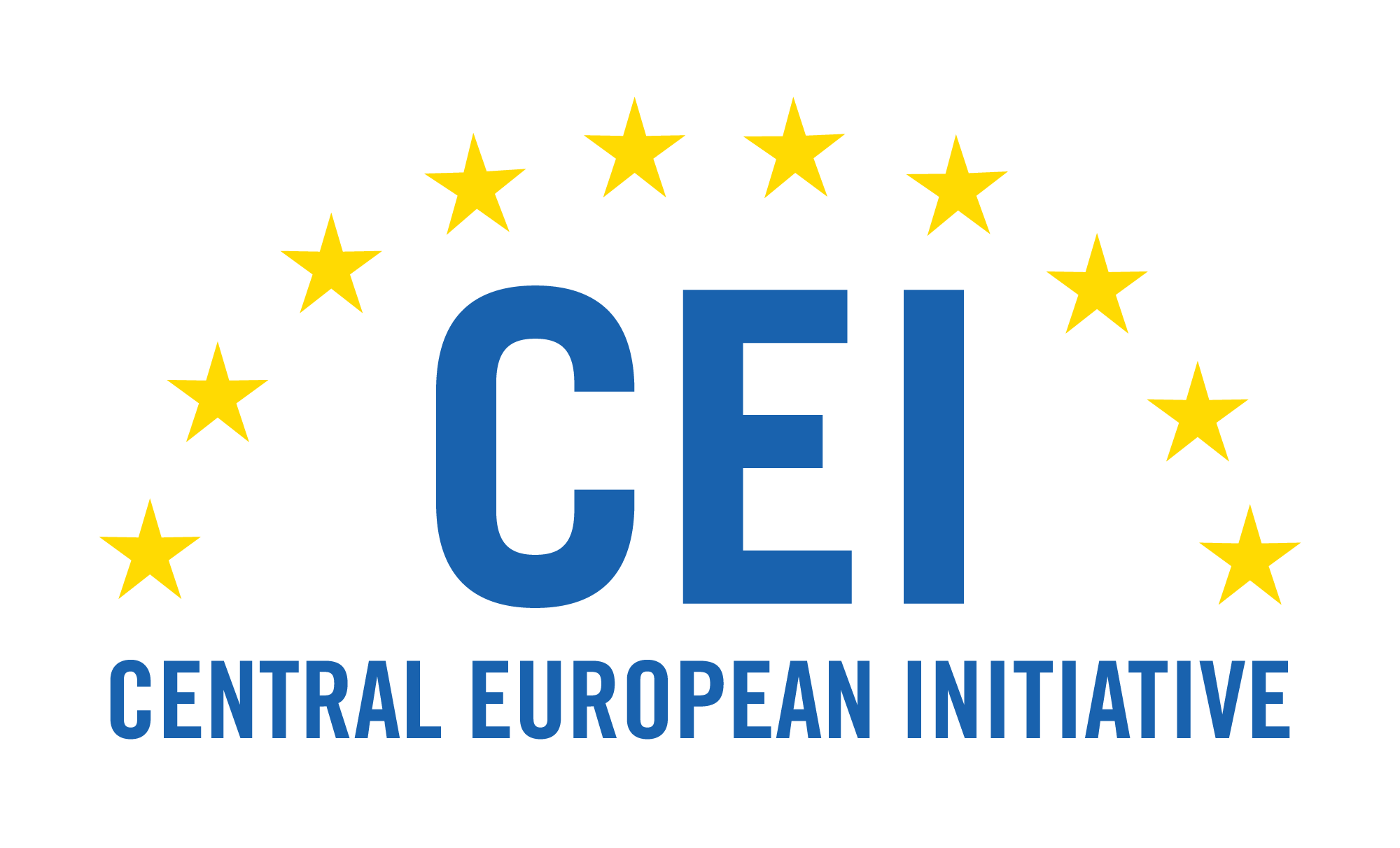CEI support to Training and Research to Unlock and Enhance the potential of sustainable BLUE Economy for regional cooperation and EU integration - TRUE BLUE
Background
The European Union considers the sustainable blue economy as a fundamental component of the Green Deal, building on clear and ambitious objectives such as ensuring the sustainability of the blue economy sectors, moving towards a circular economy and protecting biodiversity and ecosystems. Neighboring countries of the EU, such as Bosnia and Herzegovina, Montenegro and Albania, need to receive know-how support to prepare for the green transition, strengthening the relevant governmental institutions to meet this challenge, including by upskilling their public aministration’s officials on this topic. It is essential to join efforts to create synergies in these countries among public administrations in charge of policy elaboration and decision making on sustainable blue economy, and to equip them with the necessary "blue skills”, especially in the following sectors: a) marine spatial planning (MSP) b) fisheries and aquaculture c) coastal and maritime tourism d) shipping and ports. In this context, universities and research centers have a strong potential as a hub to enhance cooperation among stakeholders, to respond to the real needs of local governments, by identifying problems and recommending appropriate solutions.
Bosnia and Herzegovina, Montenegro, and Albania have similar needs in terms of know-how transfer on sustainable blue economy. Science diplomacy can be used as a key tool to promote cooperation among these countries, through training and capacity-building activities on sustainable blue economy for key actors of public administrations, to equip them with the necessary upskilling to support these countries in the path towards EU integration.
The TRUE BLUE project, leded by the OGS, aimed to further science diplomacy through capacity building activities to transfer knowledge to Bosnia and Herzegovina, Montenegro, and Albania to support their advancement towards EU integration, promoting regional cooperation. The actions of the project responded to the common and specific needs of these countries in terms of know-how transfer on sustainable blue economy, a field in which Italy, Croatia and Slovenia demonstrate strong-rooted experience.
Implementation of the training of trainers course (ToT)
In order to achieve the multiplier effect, the TRUE BLUE project organized a Training of Trainers course, implemented by OGS, EMUNI and IOR.The Training of Trainers course was addressed to public administration officials from Albania, Bosnia and Herzegovina and Montenegro, possibly involved with sustainable blue economy topics. Participants were selected on the following main criteria: gender balance; ability to transfer knowledge to their institutions; role in their institution in decision-making to maximize the project impact.
Specific objectives of the training of trainers course:
- Capacity-building: upskilling public administration officers’ to effectively respond to the current challenges of the green transition with particular focus on the sustainable blue economy in the perspective of EU integration
- Good Governance: equipping key actors of public administrations in the beneficiary countries with a methodology and complementary tools to develop a sustainable and equitable ocean economy (greening the blue)
- Science Diplomacy: furthering cooperation at regional level among experts and institutions in the beneficiary countries working in public administrations on sustainable blue economy to plan joint activities at regional level.
Overall, the aim of the training was to upskill key public administration officials from Bosnia and Herzegovina, Montenegro, and Albania, in the position to transfer knowledge to their colleagues, boosting institutional capacity of their countries to effectively respond to the current challenges of the green transition, focusing on the main EU policies and strategies to achieve sustainable blue economy.
The 15 participants in the ToT had an intensive week of courses on the main topics of the sustainable blue economy. The training was delivered by speakers identified by each know-how providers (OGS, EMUNI and IZOR) in order to transfer knowledge from them in a balanced schedule. Lectures were delivered in Trieste and Piran. The Croatian speakers delivered the courses in Trieste during a full day.
An added value for the training was the synergy created with other OGS projects: the Advanced Master in Sustainable Blue Economy, co-organized with the University of Trieste, the yearly summer school, organised by OGS in the framework of the Blue Skills initiative, and the MarMED project (Erasmus +). The participants in the TRUE BLUE ToT had the chance to engage in many networking opportunities. In addition, the organisers ensured the valorization and synergies with the CEI-funded project NAMIRS (and the upcoming EU-funded project ASAP), so the training was also an opportunity to discuss possible collaboration in the framework of the two projects.
Thematic workshops
Three thematic workshops on sustainable blue economy will be organized in Bosnia and Herzegovina, Montenegro and Albania.
The workshop in Bosnia and Herzegovina took place on 10th October 2024.
The workshop in Durres in Albania took place on 19th February 2025.
The workshop in Kotor, Montenegro, took place on 25th June 2025.
The next workshop will take place online on 2nd December 2025. The organizers welcome all interested stakeholders to register through this link. You can access the agenda here.
Both remote and in person participation is envisaged for the participants that will receive confirmation for their request of attendance. The selection will take place on a first come first served basis, also considering the specific requirements of the project regarding the numbers and types of stakeholders (Government, Industry and Academia).
Organisation and funding acknowledgment
Availability of funding schemes for the participants: selected candidates were financially supported by the organizations through existing financial schemes:
- The project was co-financed by the National Institute of Oceanography and Applied Geophysics - OGS through the support of International Cooperation and Research Promotion - ICAP
- The project was co-financed by the Central European Initiative through the Know-how Exchange Programme (KEP), which is an instrument supporting projects and programmes focused on the transfer of know-how and best practices from EU to non-EU CEI Member States. By co‐financing capacity building and technical assistance projects, the KEP offers grants to institutions willing to share their experience with their partners, thus helping non-members to advance on their path towards EU standards and policies. The KEP operates through calls for proposals with funding made available by Italy through the CEI Fund at the EBRD.
- This project was financed with the contribution of the Ministry of Foreign Affairs and International Cooperation of the Italian Republic. The content of this document represents the views of its authors and in no way represents the position of the Ministry of Foreign Affairs and International Cooperation.









